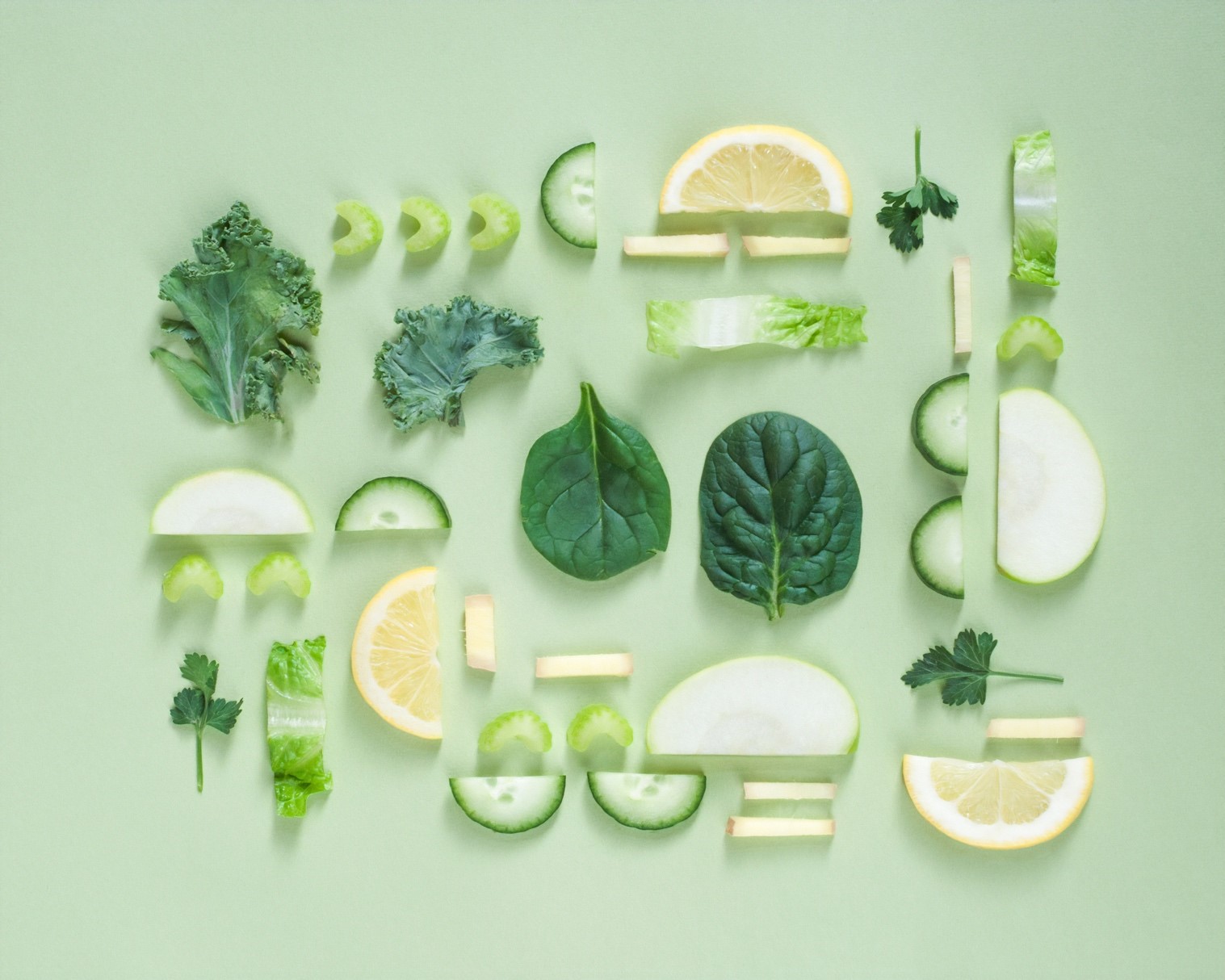How to Become Vegan - Starter Kit
October 04, 2022

Introduction
It's true, becoming vegan is hard. But it doesn't have to be. With a little planning and preparation, you can make the transition easier than you think. Here are some tips that will help get you started:
1. Start with a "meatless Monday" or one day a week without eating animal products.
If you're new to veganism, start with a "meatless Monday" or one day a week without eating animal products. It's easier than you think! You can do it for one day per week, or even just one meal. It’s also a good way to get into the habit of making vegan meals at home and planning ahead so that your fridge is stocked with enough options for all occasions.
When I first started eating this way, I went overboard and tried everything under the sun: tofu burgers (which tasted like cardboard), veggie rolls (which tasted like cardboard), and pasta dishes made from cauliflower florets (which tasted like cauliflower). The point is that there are many ways we can prepare plant-based foods—and all taste pretty darn good!
2. For proteins you can also add quinoa, tofu, nuts and seeds - they're all delicious and satisfying!
For protein, you can also add quinoa, tofu and nuts and seeds. These foods are all delicious and satisfying! They make great additions to salads, soups and stews as well as being great for snacking on.
3. If you don't want to give up on dairy just yet, try using almond milk in your coffee instead of regular milk.
You can also substitute almond milk for regular milk in your coffee. Almond milk is made from real almonds and contains no cholesterol, lactose or saturated fat. It's rich in vitamin E and magnesium, which are great for your health!
4. Try adding more beans, lentils and other legumes to your diet.
Beans, lentils and other legumes are a great way to add variety to your diet. They're low in fat and sodium, making them an excellent source of protein.
They also contain very little saturated fat - just 1 gram per cup (1/2 cup cooked). This makes them a good choice if you want to eat healthier but still enjoy some comfort foods like falafel or hummus at dinnertime!
Beans are packed with fiber: 3 grams per 1/2 cup cooked beans! That's more than half of what most people get from whole grains each day (6 grams).
5. Wherever possible, avoid meat substitutes made from wheat gluten (e.g., seitan) and soy protein isolate - they're highly processed ingredients which may not be as healthy as you think.
Wherever possible, avoid meat substitutes made from wheat gluten (e.g., seitan) and soy protein isolate - they're highly processed ingredients which may not be as healthy as you think.
Wheat gluten is processed in a factory to extract the protein from wheat flour, then mixed with water and yeast before being formed into chunks or sheets for sale in supermarkets. These products are often labelled as 'meat replacements'. Soy protein isolates are produced by soaking soybeans in hot water until their fibres separate out - this process makes them look very similar to meat but contains no actual meat!
Conclusion
When people say that it's hard to become vegan, it's normally because they didn't plan ahead properly.
Plan ahead. There are so many other delicious foods out there that aren't animal products like tofu or beans! Don't be afraid to try new things and don't think of it as a diet, but a lifestyle.
If you do decide to give up on your journey and return to eating meat, don’t beat yourself up about it. You did what you could at the time, which was make some small changes in your life that were good for both you and animals (and maybe even yourself). Cheers!